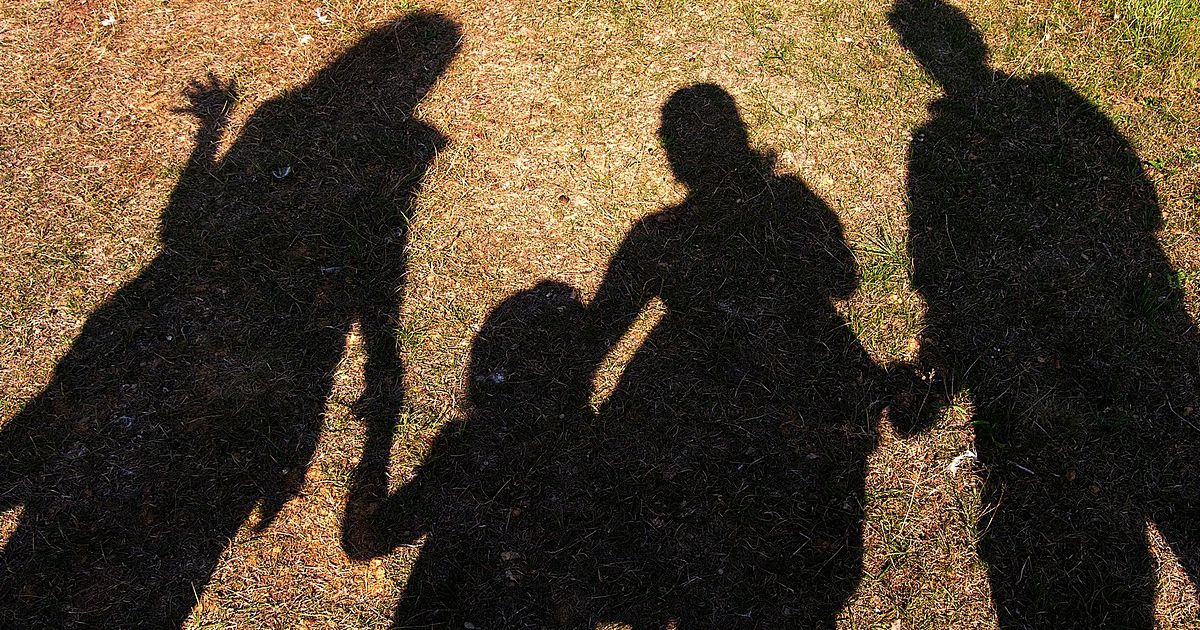
When Mark was 6 years old, his parents took him to a movie. Kids under 5 got in free. His parents told the cashier he was 5, and they didn’t have to pay for Mark. Reacting to his quizzical look as they walked into the theatre, Mark’s Mom said, “It’s OK, son, everybody does it.”
When Mark was 8, Mark’s Dad was caught speeding. He angrily argued the charge with the officer, telling her that she should be spending precious police resources catching real criminals rather than harassing honest, law-abiding citizens. As they drove away, he got on his phone and searched for the number of an agency that would fight the charge in court for him. As he waited for the number, he said to Mark, “It’s OK, son, everybody does it.”
It’s OK to Rip Off Big Companies
When he was 12, Mark sat around the dinner table at a family gathering as his Uncle Joe showed him how to get around restrictions on sharing streaming services. “These big, rich companies just rip us off anyway,” explained Aunt Marg to Mark. “It’s OK; everybody does it.”
When he was 17, Mark went to work part-time for a friend of the family who ran a small business. Mark was hired to help update and expand the company’s website. He needed a few video clips and photos. The company owner told him to do a search on images and videos and use the best ones he found. When Mark asked if that was allowed without paying for them, he was told, “It’s OK, kid, everybody does it.”
When he went to university on an athletic scholarship, his coach talked to a few of his professors to “cut him some slack” as his grades slipped, but his value to the school team soared. An older teammate gave him advice on using AI tools to write essays to hand in as his own. “It’s OK, bud, everybody on the team does it.”
How Could You Do This to Us!
One of Mark’s essays was identified as plagiarized. His other work was scrutinized, and more evidence of cheating was found. He was expelled from the school. His aunts and uncles were outraged. “How could you do this to us?” his father ranted while his mother sobbed, “You sure never learned anything like that in this family!”
As Jack Griffin observed in “It’s OK, son, everybody does it,” if there’s anything the adult world can’t stand, it’s a kid that cheats.”
Changing Me to Change Them
In The Heart Aroused: Poetry and Preservation of the Soul in Corporate America, David Whyte writes, “all things change when we do.”
I can think of all kinds of ways to change our kids, my associates, Heather, and lots of other people in my life. But that’s not the place to start. The place to start is changing me.
I can’t influence others to change what they’re doing with the same behavior that contributed to their current behavior. The longer I’ve been with others who I’d like to improve or change, the more this applies to me. Something I’ve been doing, or failing to do, has contributed to their current behavior patterns. If I am going to shift their behavior to a new level, I will need to change my behavior. To change them, I need to change me.
What I Do Overshadows What I Say
Our behavior casts the longest shadow. For example, becoming a parent is easy, being one is tough. For example, it’s tough to teach our kids self-discipline unless we are self-disciplined. They see us loud and clear.
We can’t help build strong organizational teams unless we’re a strong team player. We can’t enjoy a happy marriage if we’re not a loving partner. We won’t have a supportive network of friends or colleagues until we’re a supportive friend or collaborative colleague.
How Can I Be the Change I Want to See in Others?
In our leadership development workshops, we use a simple exercise to help participants connect the changes they’d like to see to the changes they need to make in their own behavior. It helps chart a pathway beyond leadership to doing to being.
Draw a line down the middle of a page. Title the left column “Changes I’d Like Them to Make.” List the four or five biggest changes you’d like to see in others. This is the easy part.
Now title the right column “Ways I Can Exemplify These Changes.” Brainstorm ways you can influence “them” with your personal behavior. This is the hard part. It means facing up to what I have or haven’t been doing to influence their behavior.
It’s much easier to be a victim — to blame all their behavior on them and refuse to accept any responsibility at all. But how honest and true is that…really? I may need more feedback from them to clearly see my role in their behavior. I likely need to reflect further and deeper on our relationship.
Is my Influence Index weak? The big (and often painful) leadership question is, what do I need to change about me to help change them? Instead of just wishing for a change of circumstance, I may need a change of character.
The Swiss psychiatrist, Carl Jung, observed, “If there is anything we wish to change in the child, we should first examine it and see whether it is not something that could better be changed in ourselves.”


Want to discuss this post? Contact us!